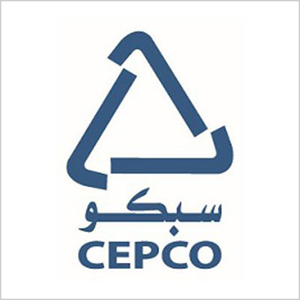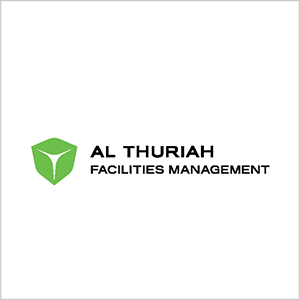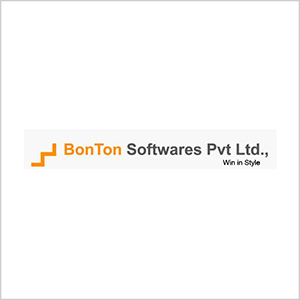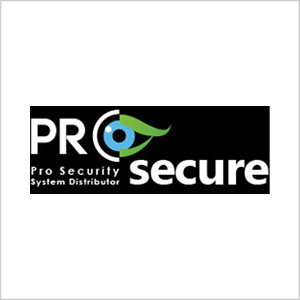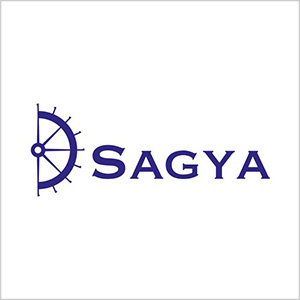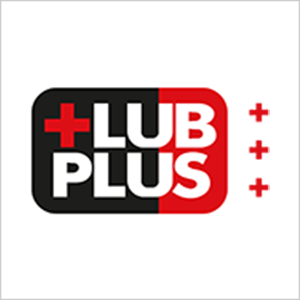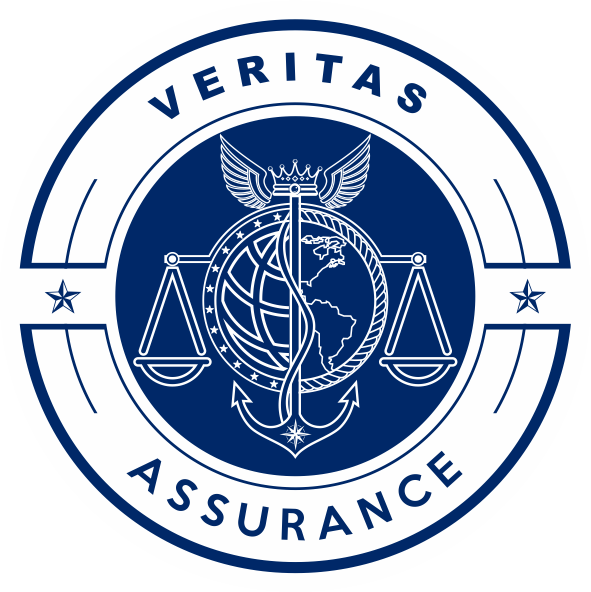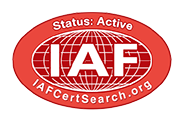
Health Insurance Portability and Accountability Act (HIPAA) Certification in Dubai, UAE.
What is a HIPAA?
HIPAA, which stands for the Health Insurance Portability and Accountability Act, is an all-encompassing law enacted in 1996 to safeguard patients' medical records and other confidential health information shared with healthcare organizations. It incorporates both a Privacy Rule and a Security Rule to guarantee the confidentiality and security of health data. The purpose of achieving HIPAA compliance is to avert unauthorized access, disclosure, or alteration of fragile patient information.
Importance of HIPAA for Healthcare
Obtaining HIPAA compliance certification is not merely a legal obligation but also a core requirement for a company. This builds trust and integrity within the healthcare sector. Additionally, patients have confidence that healthcare providers will manage their data with the highest level of care and commitment. If they neglect to secure the information, there could be severe repercussions, including fines.
Furthermore, data breaches have become commonplace in the digital age. Healthcare organizations are obligated to protect patient data. Compliance with HIPAA bolsters healthcare organizations against possible breaches, promoting ethical medical practices.
What Entities Are Covered by HIPAA?
Entities denote the organizations and individuals tasked with safeguarding sensitive health information. They are classified into four primary categories:
- Healthcare Providers: Any medical professional who electronically transmits information for designated transactions qualifies as a covered entity.
- Health Plans: This category is extensive and includes health, dental, vision, and prescription drug insurers. It also covers Health Maintenance Organizations (HMOs), Medicare, Medicaid, and other government and church-sponsored health plans.
- Healthcare Clearinghouses: They are regulated because they convert non-standard medical data into a standardized format. Additionally, they manage sensitive information while providing processing services to a provider.
- Business Associates: These include individuals or organizations that utilize or disclose identifiable health information to execute functions or services for a covered entity.
What Information Is Protected?
It safeguards any healthcare data that can be traced back to a specific individual through identifiers such as name, social security number, phone number, email, and street address. This includes medical records, treatment histories, lab results, and billing data.
- Enhanced Trust - Fosters a strong level of trust among patients and business partners by assuring them that their data will be managed with precision.
- Competitive Advantage - Grants a considerable advantage in an industry where data security is vital and can influence patients or business collaborations.
- Risk Mitigation - Aids in identifying system weaknesses and gaps, thus allowing for timely corrections.
- Legal Safeguards - Diminishes the chances of substantial fines and potential legal action, serving as a legal protection measure.
- Employee Training - Encompasses mandatory staff training on responsibly handling sensitive information, nurturing a culture of data security within the organization.










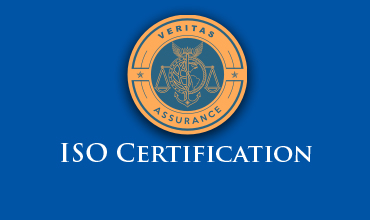


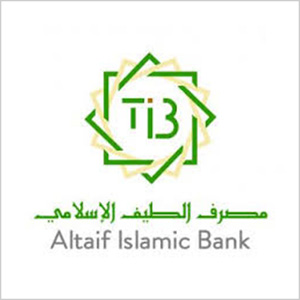

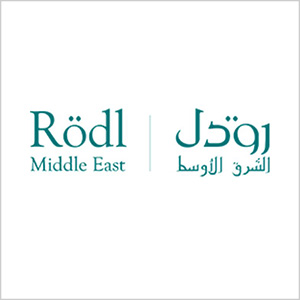
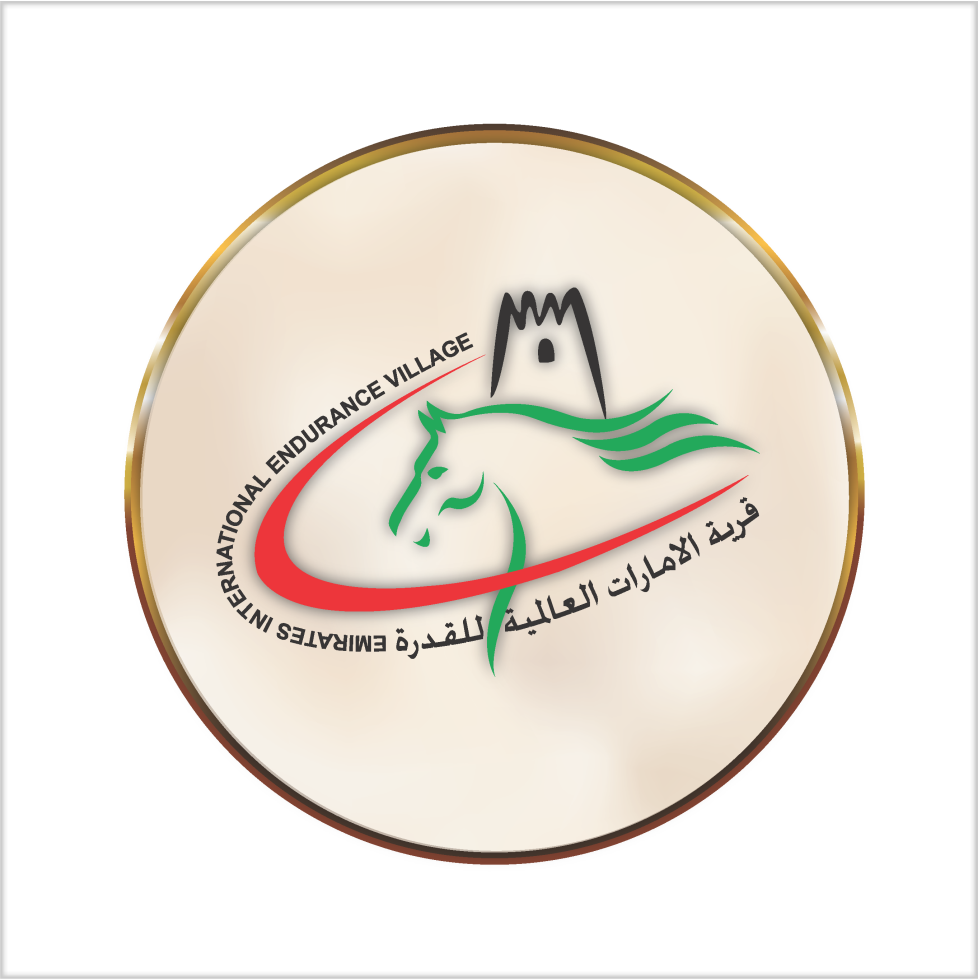


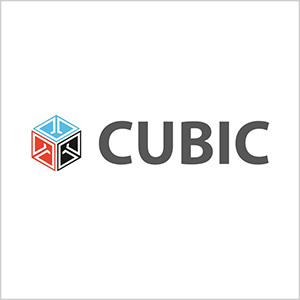
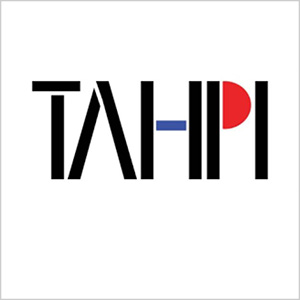


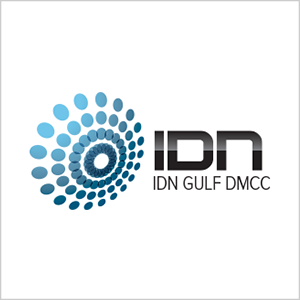
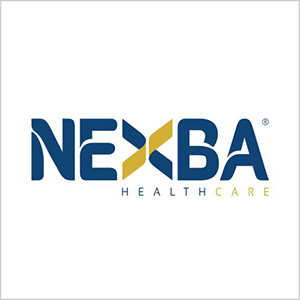


_ Logo.jpg)
